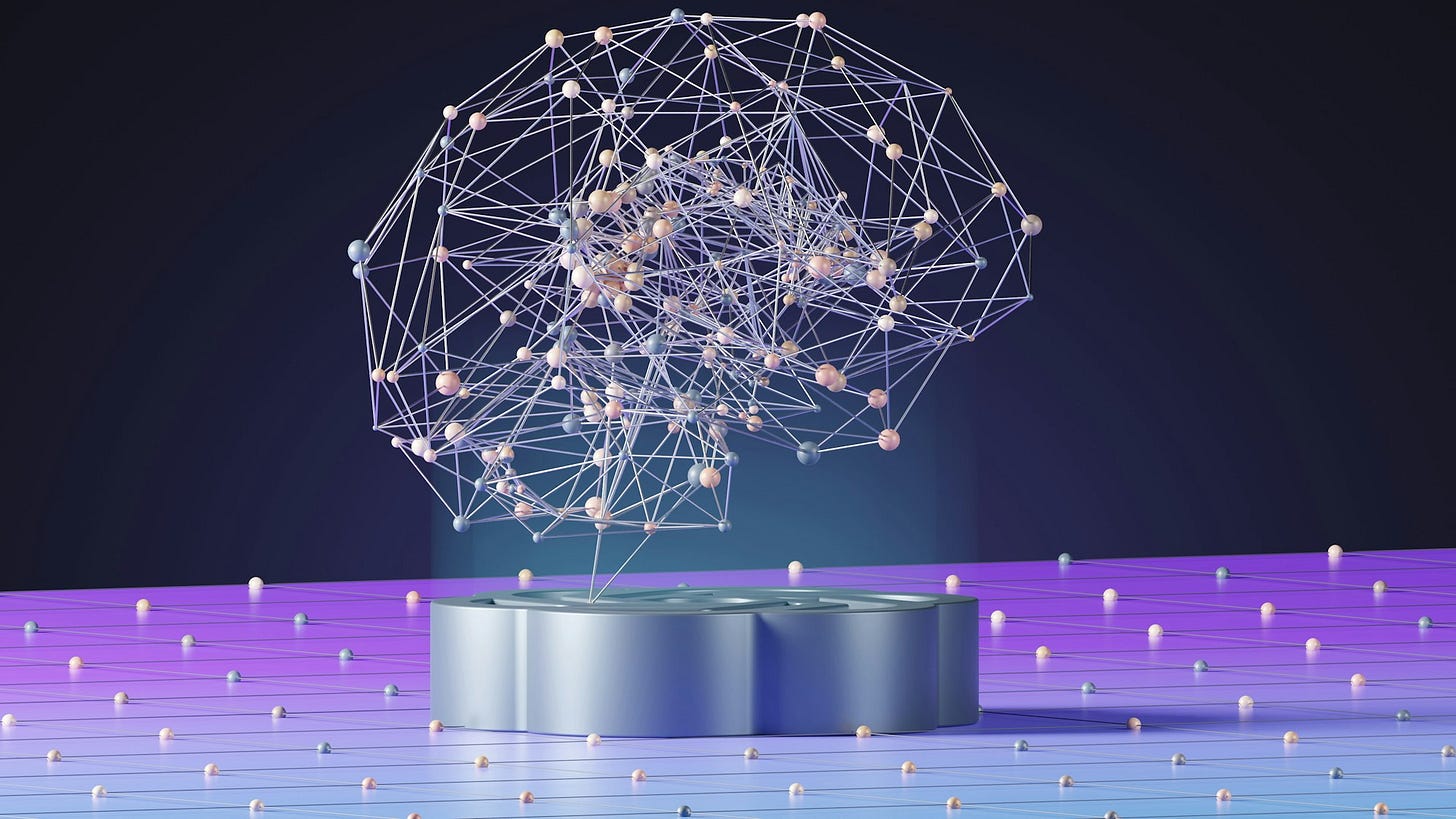Claude 3.7 Sonnet: The Two Speeds of Thought
Instant responses and extended reflection – living side by side.
We've always had to choose.
Fast or deep. Quick or thoughtful. Immediate or considered.
This is the trade-off we accept in our thinking, in our work, in our tools.
But what if the trade-off was artificial?
The False Binary
Anthropic released Claude 3.7 Sonnet today. Hidden within the typical upgrade announcements was something more interesting: a challenge to how we think about thinking.
They built a system with two modes – instant responses and extended reflection – living side by side.
It's worth pausing on this.
The Space Between Response and Reflection
Most of our digital tools force us to pick lanes: speed or depth.
We get used to it. We accept it as natural law.
Then someone comes along and says, "What if it's not either/or?"
This is how progress happens. Not by incremental improvements along established paths, but by questioning whether the paths themselves make sense.
The Human Mind Doesn't Choose
Your brain doesn't have a toggle switch between fast and slow thinking.
You don't say, "I'll use my quick brain for this task and my thoughtful brain for that one."
You flow between states naturally, based on need and context.
Our tools should work the same way.
Beyond the Benchmark Game
What's notable isn't the technology itself, but the shift in perspective.
While others chase abstract benchmarks, this approach asks a more fundamental question:
How do humans actually think? And how can our tools match that rhythm?
The Question That Matters
We spend so much time talking about what AI can do.
Perhaps the better question is: how should AI think?
Like us, it turns out. Sometimes quick, sometimes deliberate. Sometimes scanning, sometimes dwelling.
The Bigger Pattern
This pattern repeats throughout history.
First, we create tools that force us into their way of working.
Then, we create tools that work the way we do.
The first wave of digital tools demanded we adapt to them.
The next wave will adapt to us.
What It Means For You
The real lesson isn't about Claude or Anthropic or even AI.
It's about questioning false binaries in your own work.
Where are you accepting unnecessary trade-offs?
Where have you been told "you can't have both" when perhaps you can?
The most valuable innovations often start by challenging the question rather than improving the answer.
Think about that.


